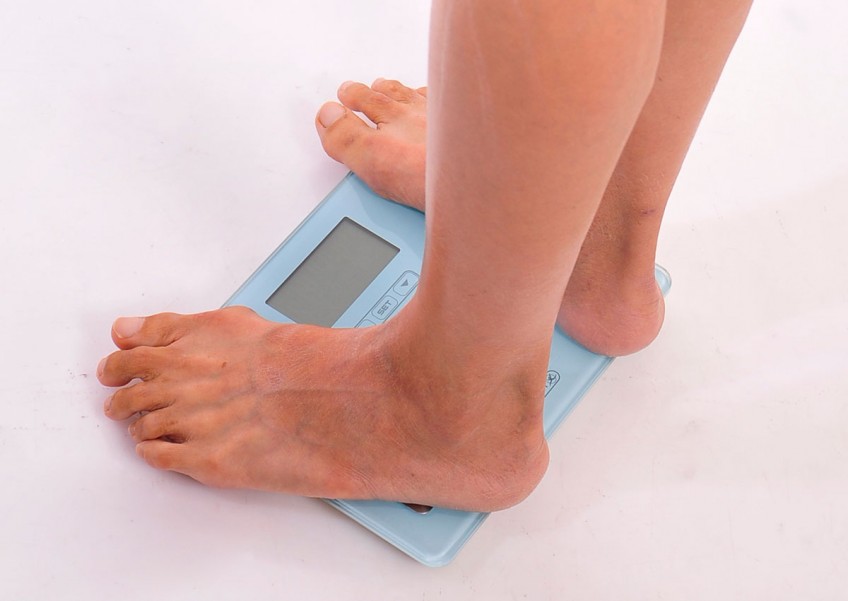Tasting the difference after weight-loss surgery

When Ms Prassanthi Sivajothi underwent bariatric surgery, a procedure that reduces the stomach size, she had hoped it would prevent serious weight problems in the future.
The 22-year-old teacher did not expect anything other than her weight to change.
After a two-week liquid diet, her first taste of solid food had her experiencing something unusual - a heightened sense of taste, especially towards sweet foods.
"After the surgery, I found the taste too strong and stopped eating sweet foods almost completely," she said.
This symptom has been noticed by a team of doctors from the National University Hospital (NUH), who ran a study on 120 patients who went through laparoscopic sleeve gastrectomy, a type of bariatric surgery.
They found that about one-third of the patients who had the procedure between 2012 and 2014 experienced changes in the way they tasted food, with 90 per cent reporting heightened sensitivity towards sweet foods.
All the patients who experienced taste change, including Ms Prassanthi, reduced their intake of sweet, salty or sour foods, depending on which taste was affected.
During laparoscopic sleeve gastrectomy, the area which produces 90 per cent of the hunger hormone ghrelin is removed from the body.
NUH senior dietitian Fathimath Naseer believes this could be what leads to altered food preferences.
"If the hunger hormone level is lower, the patient will experience less hunger and altered food preferences and eating behaviour," she said.
Tongue inflammation or other diseases that prevent proper blood flow to the tongue could affect taste as well, and these factors have to be ruled out, she noted.
Dr Asim Shabbir, director and senior consultant at the Centre for Obesity Management and Surgery at NUH, describes obesity as a multifaceted disease that persists even after attempts to treat it.
"What we want is something which can result in long-term differences, an intervention that can keep patients healthy," he said.
"Taste change is welcome because it can help with maintaining their weight over longer periods of time."
For now, further research will focus on how those who undergo the surgery may enjoy a more sustained weight loss than those who diet, possibly because of the taste change.
The team hopes this may lead to a discovery that can help combat obesity.
Dr Shabbir, who was involved in the study, explained that a patient who tastes things differently in this way would ideally consume less sugary snacks and eat better quality food, resulting in better health over their lifetime.
He said: "We want to look at ways in which these procedures are affecting our population at large, and why they are being affected this way."
The NUH team is collaborating with another team led by Dr Ciaran Forde from the Clinical Nutrition Research Centre to better understand the role of taste and smell in dietary patterns.
They are expected to conduct trials to look at the physiological mechanisms that govern taste change.

This article was first published on Jun 10, 2016.
Get a copy of The Straits Times or go to straitstimes.com for more stories.